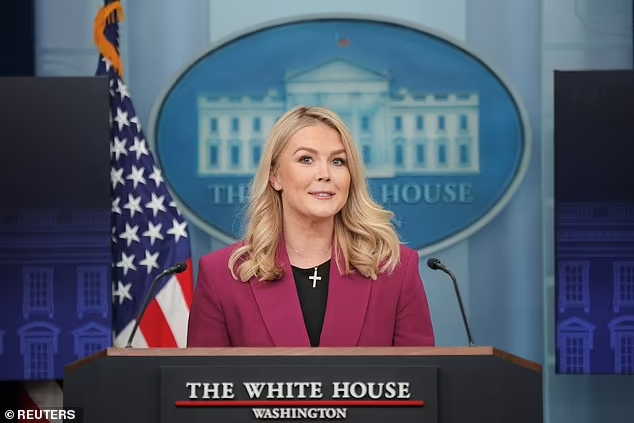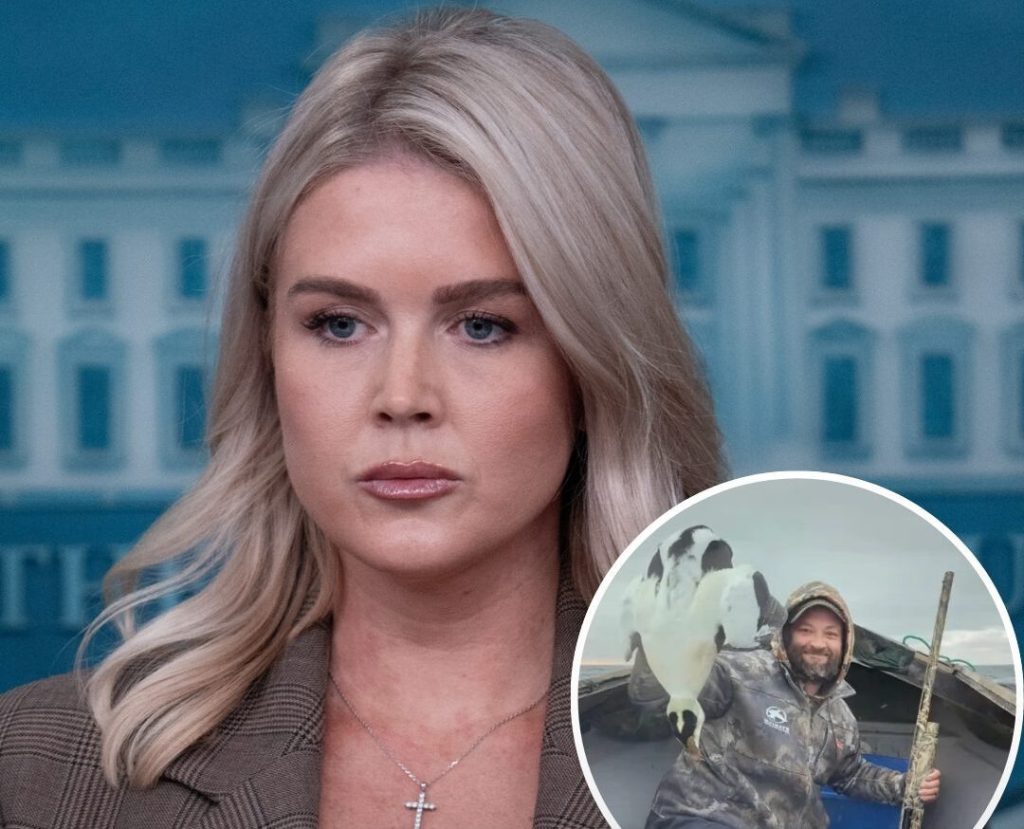President Trump Condemns Michigan Latter-day Saints Church Shooting as an ‘Attack on Christians’ While White House Says Gunman ‘Hated Mormons’
The nation is reeling after a deadly shooting at a Church of Jesus Christ of Latter-day Saints congregation in Michigan, an attack that has left faith communities shaken and political leaders responding with urgency. President Donald Trump wasted no time addressing the tragedy, calling it an “attack on Christians” during a statement that underscored the emotional weight of the moment. At the same time, White House press secretary Karoline Leavitt said investigators believe the gunman “hated people of the Mormon faith,” pointing to a possible motive rooted in anti-religious sentiment.
The attack unfolded on Sunday, when worshippers gathered as they do every week in a place meant to bring peace and connection. Instead, the congregation was confronted with violence that will leave scars for years to come. Details about the shooter’s background and exact motivations are still being pieced together, but the early indications suggest his hostility toward members of the LDS church may have played a role. That reality has made the incident not only a local tragedy but also a flashpoint in a broader national conversation about faith, violence, and intolerance.

President Trump’s comments struck a familiar tone for many of his supporters. He framed the incident as part of a wider pattern of hostility toward Christians in America, promising to stand firmly with people of faith. His words resonated with those who feel religious communities are too often targeted or overlooked, and his blunt description of the shooting as an attack on Christianity underscored the gravity with which he views the situation.
Karoline Leavitt, speaking from the White House podium, emphasized the specific angle investigators are considering. By saying the gunman “hated people of the Mormon faith,” she highlighted not just the act of violence but the prejudice behind it. For members of the Latter-day Saints community, already a group that has sometimes faced misunderstanding or marginalization, that acknowledgment is both painful and important. It confirms what many suspected while also raising difficult questions about how such hatred festers.
In Michigan, local officials and church leaders have asked for unity and compassion in the wake of the shooting. Vigils are being planned, and messages of support have poured in from across the country. For the families directly affected, no amount of national debate can heal the immediate grief, but the outpouring of prayers and solidarity shows that people are standing with them during this darkest of times.

The attack also raises broader issues about safety in places of worship. From synagogues to mosques to churches, incidents of violence have made religious leaders think carefully about security. The FBI has tracked an increase in hate crimes at faith-based locations in recent years, and Sunday’s tragedy in Michigan fits into that troubling trend. Leaders from across denominations are once again urging action, calling for both vigilance and a commitment to fighting hate at its roots.
For now, the investigation continues, with officials promising transparency as they learn more about the shooter’s motives and actions. What’s already clear is that the impact extends far beyond one city or one congregation. It has reopened wounds about how fragile safety can feel in sacred spaces and how deeply faith communities must lean on one another during moments of crisis.

President Trump’s words, combined with the White House’s framing of the shooter’s motive, will likely keep this incident at the center of national attention in the coming days. It is a moment that blends grief with political weight, and one that will shape conversations not just about security but also about how America views religious freedom and the protection of believers. The Michigan tragedy is a stark reminder that violence against faith communities touches every corner of the country, and the response must be as united as the pain is profound.



